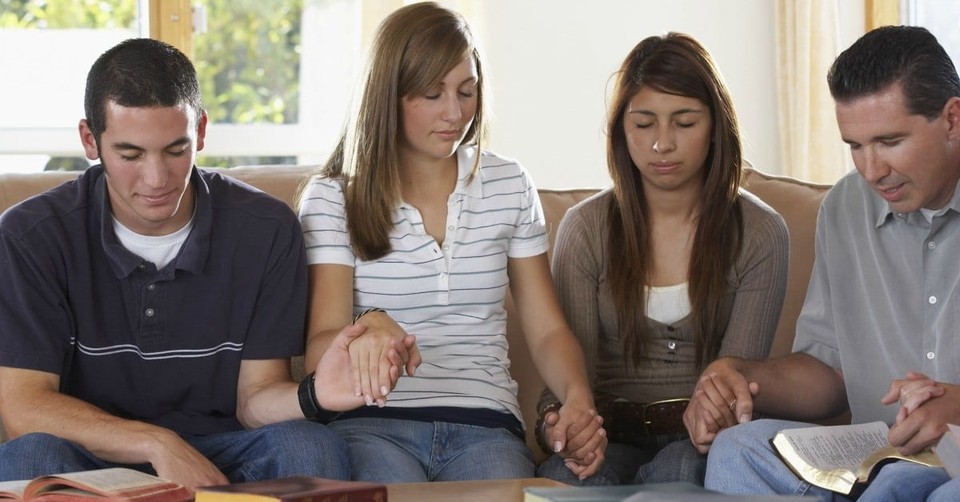7 Things Your Small-Group Leader Wishes You Knew

As soon as September starts, the Fall routine is well under way. Sunday school; guest events; youth groups; home groups. Apart from a brief breather in November, we’re all pretty much running hard until we collapse into bed filled with Christmas Dinner.
In all the busy-ness, it’s tempting to think of your home group as an optional extra—to fit in so long as you have the time, and the energy.
Here’s 7 things that your home group leaders wishes you knew:
- Your attendance really matters. Even if you are dead on your feet, with numbed neurones from a brutal day at the grindstone—just being there will be a massive encouragement and help to others.
- Your thoughts really matter. Your group leader doesn’t want the Bible study to be “lively” for the sake of it. A home group is an expression of a fundamental principle of the Christian life: God’s people gathered around God’s word, trying to work out how God would have us live for him today. Sharing your thoughts from the passage with the group—even if you are nervous to speaking up, or think your observations are obvious—is really important for everyone in the room. It’s what fellowship is all about.
- Your prayers really matter. We pray en masse at whole church gatherings, but it is in small groups that prayer takes on a more intimate character. You bless and encourage others by praying out loud for them, and by engaging with their prayer requests in a way that shows you have listened and understood what they are struggling with.
- Your prayer requests really matter. As forgiven sinners, Christians should be free-er than most to admit weakness, failures, needs. Doing so in a small group is easier than a larger group, and it helps others to know that they are not alone in their experience of weakness and failure. This surely part of what James means when he encourages us to confess our sins to one another (James 5:16).
- Your gratitude matters. Prayer times can often be characterised by a lot of grumbling: illness, trauma, conflict and … well, more illness! Expressing things we are grateful to God for is a great example to set for others—especially if what we are grateful for is everyday experiences that others will have. If you invite people to rejoice in God’s goodness and grace with you, you will make your group prayer times more rounded and rewarding.
- Your laughter matters. There should be moments for seriousness any time Christians meet. But our gatherings are chiefly characterised by joy. After all, we share the riches of Christ, and look forward to eternity together. Every home group should be a little taste of heaven. So smiling and laughing with the group is of particular importance; if we treat it as a business meeting, or a classroom, we’re missing the point.
- Your dependence on the group matters. All the above adds up one thing. Participating in your home group with joy is a sign that you have got a healthy relationship with church. Not a club to dip into. But a family to belong to, that depends on each other in tangible ways.
I know it can feel burdensome to get into gear for the season. But when you understand both what you receive and what you can give, home group takes on a whole new perspective.
Our Good Book Guides are an expanding and flexible range of Bible studies with a strong focus on application. Each session not only seeks to uncover the meaning of the passage, and see how it fits into the big picture of the Bible, but also leads people to apply what they have learned to their lives.
What makes a good small group Bible study?
Here's what our Good Book Guide authors say...
This article originally appeared on thegoodbook.com. Used with permission.
Tim Thornborough is the Creative Director at The Good Book Company. He is series editor of Explore Bible-reading notes, and has contributed to many books published by the Good Book Company and others. He is married to Kathy and has three adult daughters.
Photo Courtesy: Thinkstock
Originally published January 14, 2019.





